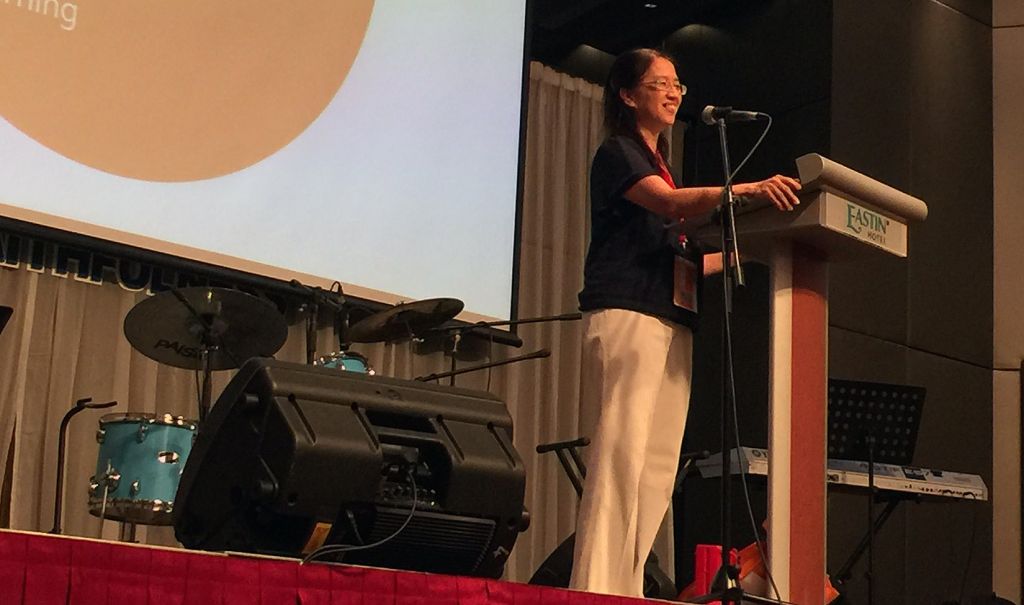
Sometimes, we listen to testimonies shared by missionaries and we are blown away by how God has worked in such incredible ways through their lives, and we may think to ourselves that we are not like them. We are not equipped to serve God in any significant way. “It is not something that I am good at.” “I can’t do what they do.” “I can’t be used by God…”
As small as we may feel, however, every Christian can be used by God in missions. “Today I just want to share with you that yes, God has called some people and put them to do a special work, but He has also particularly equipped you to play a specific role in world missions,” Dr. Jennie Fung said at the recent OMF (Overseas Missionary Fellowship) Annual Missions Conference.
Dr. Jennie pointed out that God has given the great command to go and make disciples of all nations and has therefore equipped each one of us to be a part of that calling. Before going into how we can be part of the great commission, Dr. Jennie first addressed the question of ‘Why?’
Why Should We Do Missions?
“Missions is not the ultimate goal of the church. Worship is. Missions exists because worship doesn’t. Worship is ultimate.” —John Piper
Worship does not exist in over 1/3 of the world’s population. Scattered into over 6000 ethnic groups, 2.5 billion people have no access to the Gospel. There are not enough Christians in these communities to share Christ with them. For these unreached people to know God and worship Him, we need missions.

On a more personal level, you and I ought to do missions because of our own experiences with God and His goodness. We should want other people to experience that goodness as well, and we should want to express our love for God by obeying His command to love Him with all our heart, soul, mind, and strength, and our neighbor as ourselves.
How Can We Do Missions?
The answer is, ‘One at a time.’ One person, one ethnic group, and one nation at a time. It takes much effort, but it can be done. To demonstrate how the whole body of Christ which is made up of individuals with a variety of difference skills can be involved in making this process possible, Dr. Jennie called upon volunteers from the audience.
She began by calling two people onto the stage: One to represent a missionary, and another to represent an unreached person. Having them stand a good 15 feet apart, she pointed out that many things contributed to the distance between them—geography, culture, linguistics, etc.. But then, she began calling more people onto the stage:
Someone to represent prayer, someone to represent financial support, someone to represent the local churches, someone to represent biblical/theological training, someone to represent medical advisory, someone to represent office management and coordination, someone to represent a teacher for the missionary children, someone to represent a language coach…
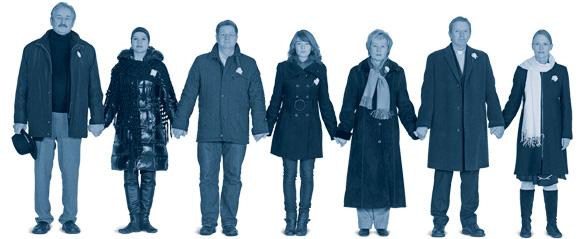
As more and more people came to stand behind the missionary, they nudged her forward toward the unreached person, thus bridging the gap between them. Finally, Dr. Jennie called on someone to represent a local Christian in that mission field to be the link between the missionary and the unreached person.
“We call this the missions chain,” Dr. Jennie said. “Together, we can reach the unreached people in the world. 2.5 billion is a daunting figure, but each of us can play a part in it. It is not a task for one person.” She then went on to share about the different areas in which people can become involved with missions.
6 Ways You Can Be Involved In Missions:
1. Going
2. Sending
3. Praying
4. Welcoming
5. Mobilizing
6. Learning
Going
This is what Jesus commanded:
“But you will receive power when the Holy Spirit comes on you; and you will be my witnesses in Jerusalem, and in all Judea and Samaria, and to the ends of the earth.”
(Acts 1:8)
We know that Jesus told His disciples to go and be a testimony and witness for Him. But sometimes, by our human nature, we want to know what we are going into. We want to be in control—to be certain of what it will be like. Going can be scary. You can imagine all the different ways you could die in the.
Michael Griffiths lists 7 or 8 possible causes of death on the mission field in his book. But he said, “The good news is, you will ever only experience one of these!” Indeed, it is dangerous on the field, but the safest place in the whole world is in the center of God’s will.
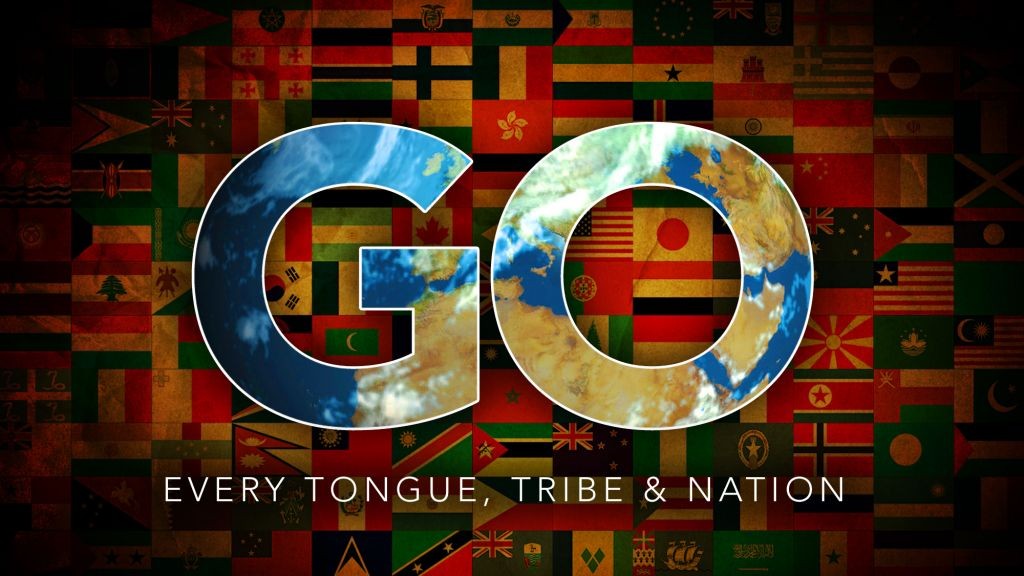
There are many ways to go. There are short-term missions, which are anything between 2 weeks and a year, medium-term missions which are 2 to 3 years, and there are long-term missions, which is anything beyond that. You can go on a missions trip or a prayer journey. You can go as a church planter or as a professional—whether in business, medicine, information technology etc.
Sending
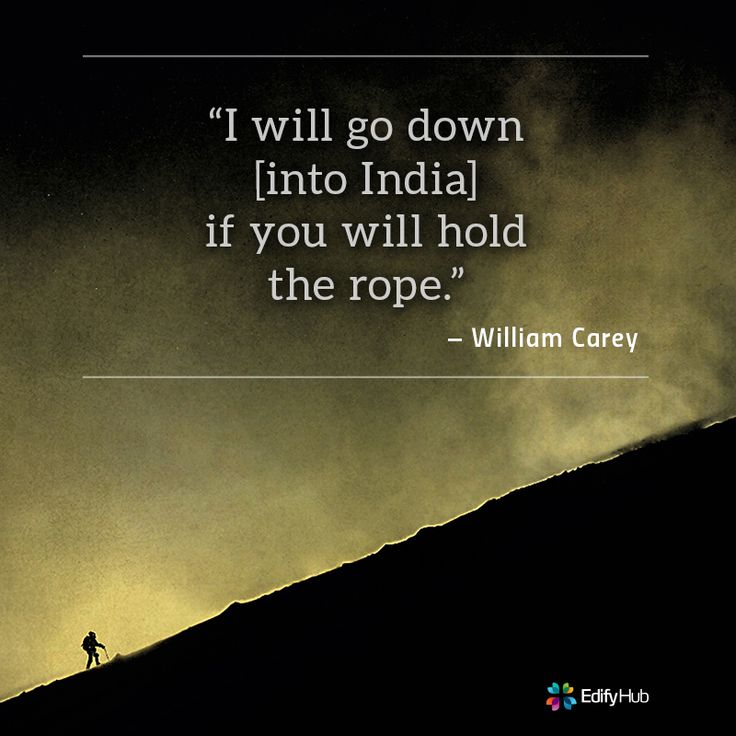
The Apostle Paul said, “How can they go unless they are sent?” If we need people to go out, we need people behind them, sending them. The function of a sender is to enable the goer to serve effectively.
Senders equip and train missionaries, support them financially, debrief and counsel them, and help them with re-entry. They also help missionary children adjust with tertiary education upon leaving home and provide care for missionaries’ aging parents.
Praying
Paul said to the Colossian church, “Pray for us that God may open a door for our message, so that we may proclaim the mystery of Christ” (Colossians 4:3). Paul was known as the great apostle, but even he asked for prayer.
Prayer is needed not only in the process of sending our missionaries out into the field, but even throughout the time they are there, and after they return. We sometimes feel like there is not much we can do except pray. But prayer is work. It can be very hard work if you choose to persist in prayer and to pray in season and out of season.

There are many ways to pray—as an individual, as a family, or as a prayer group. God will move along with you in that journey. You never know how God will open doors and change you. We have prepared prayer guides for different countries and different ministries. Start praying.
Welcoming
We also call this the diaspora ministry. Some of us may never have to leave our home country to serve among unreached people groups, as many of them are already here.
“And you are to love those who are foreigners, for you yourselves were foreigners in Egypt.” (Deuteronomy 10:19)
With the great influx of foreign workers and students in our homeland where we can freely share the Good News, we are to receive them. God has not only brought missionaries to foreign lands. He has also brought the unreached people to our doorsteps! Welcoming can be a very powerful ministry that you can be involved with right here, right now.
Mobilizing
“Someone must sound the rallying call. Those who desire to see others trained, prepared and released to ministry are known as mobilizers. Mobilizers stir other Christians to active concern for reaching the world. They coordinate efforts between senders, the local churches, sending agencies, and missionaries on the field. Mobilizers are essential.” —Phil Parshall
If we want mission work to continue, we need mobilizers. Each one of you can be a mobilizer. You can pick up a book from this conference, go back, and share it with your friends. You can start a prayer group within your church or your community. You can share what you have learned with others around you and go for a short trip together with your friends. Serve among the poor. Share your passion and your experiences.

We often hear about the 10/40 window, but there is also the 4/14 window. That is the age range in which children are most receptive of spiritual things. Not just for them to come to faith, but also for them to learn about missions. We can mobilize them by simple missionary stories and how God is working in different parts of the world.
Learning
Learning undergirds the other 5 ways we can be involved with missions. If we do not learn, we cannot pray effectively. We cannot mobilize, send, go, or welcome. At the same time, we learn as we get involved through the other 5 ways.
In closing, Dr. Jennie shared from Luke 8: 1-3
“1 After this, Jesus traveled about from one town and village to another, proclaiming the good news of the kingdom of God. The Twelve were with him, 2 and also some women who had been cured of evil spirits and diseases: Mary (called Magdalene) from whom seven demons had come out; 3 Joanna the wife of Chuza, the manager of Herod’s household; Susanna; and many others. These women were helping to support them out of their own means.
This is an interesting glimpse of Jesus’ itinerant team. There were the twelve—the prominent disciples we need no introduction to. But there were also some women who served out of gratitude. “I can imagine her (Mary Magdelene) going around talking to people and saying, ‘Have you heard, do you know how Jesus has healed me?’” Dr. Jennie said.
Joanna, on the other hand, was a woman of high standing. She was used to fine dining and being waited on by many servants. But here, she was going around from town to town, sometimes sleeping in the open, doing what she can to help. She was definitely out of her comfort zone. But she was willing.

Suzanna and other unnamed women also served out of their own means. It is unlikely that they had much money, but with their individual skills, they contributed. “We can serve because there are others who support us, and serve though the gifts and abilities that God has given them,” Dr. Jennie said. “So it is with you and I.”
“For if the willingness is there, the gift is acceptable according to what one has, not according to what one does not have.”
(2 Corinthians 8:12)
“So, stop looking at what you do not have and what you cannot do,” Dr. Jennie admonished, “but look at what God has given you, what God has enabled you to do, and use it for His glory and His Kingdom!”
|Share The Good News|
Esperanza Ng



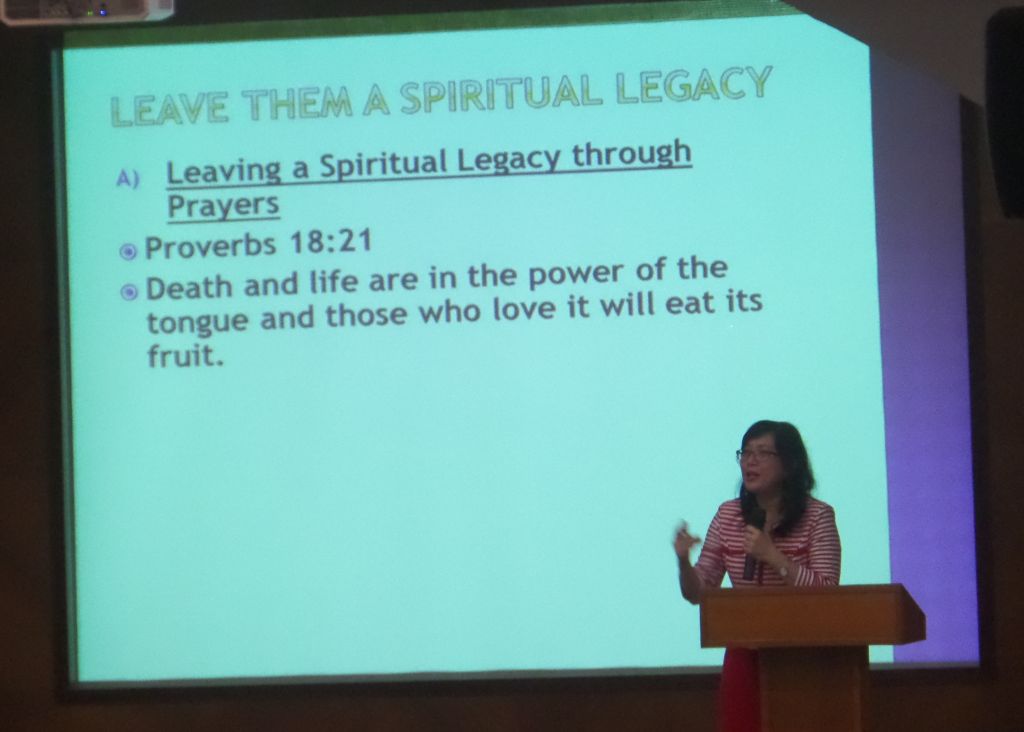
Leave a Reply